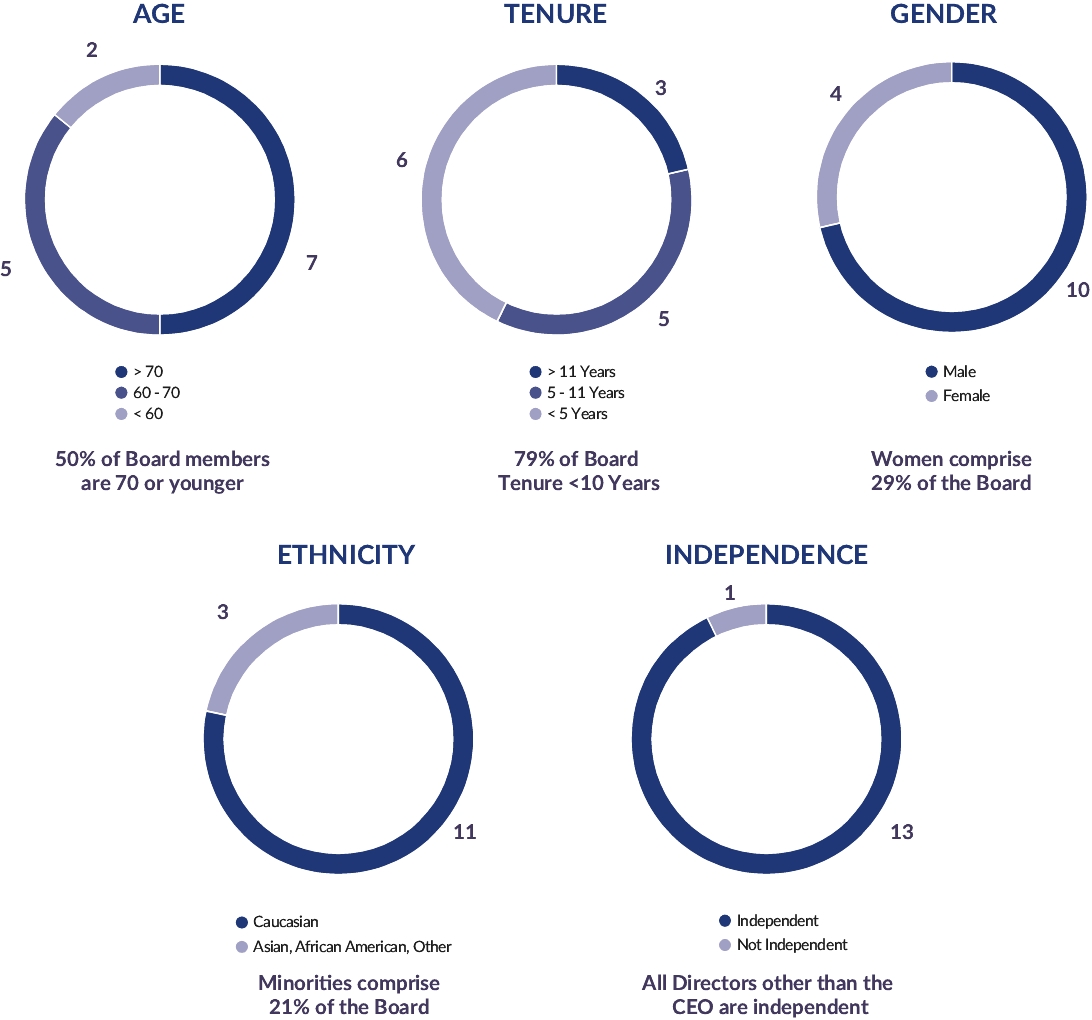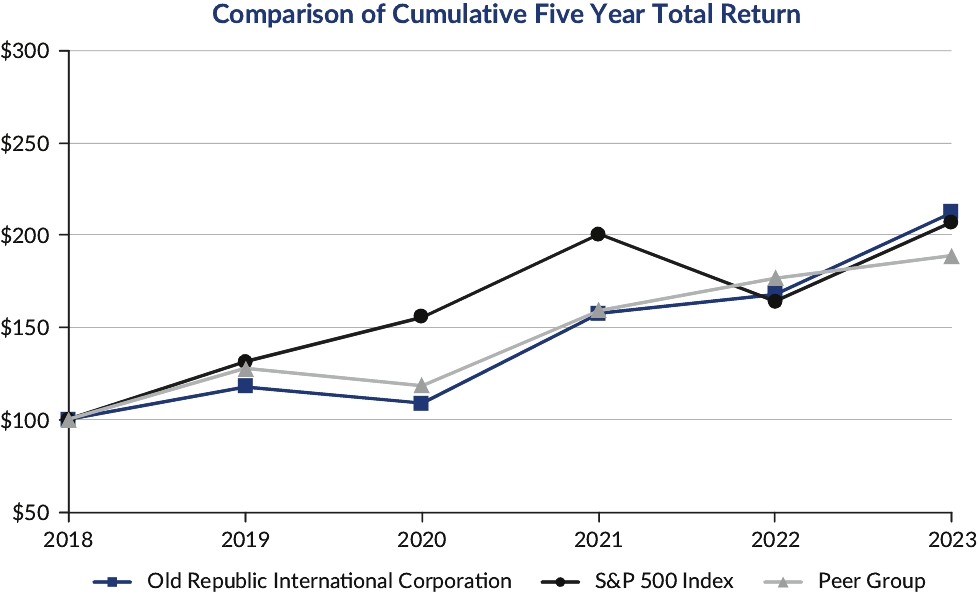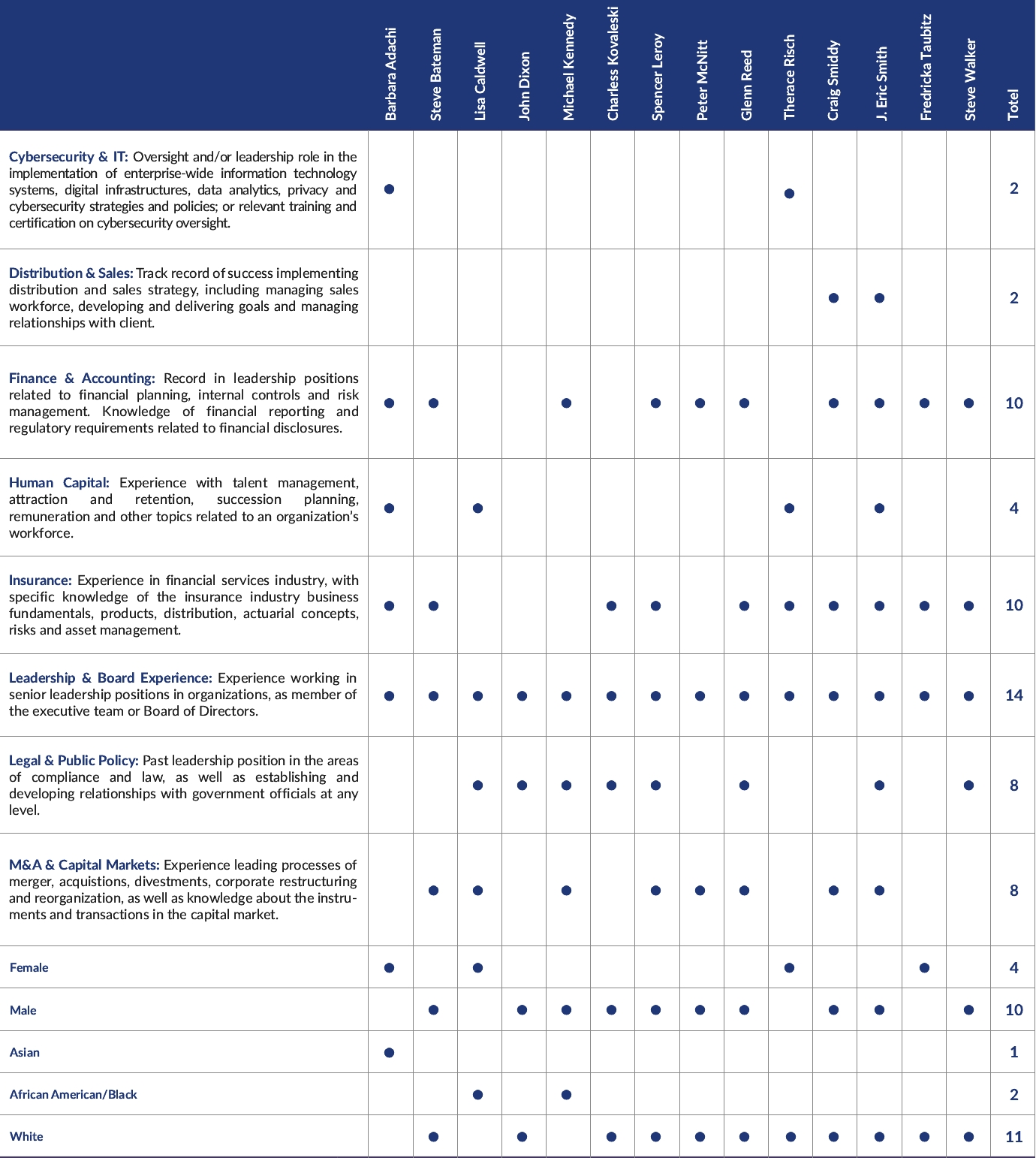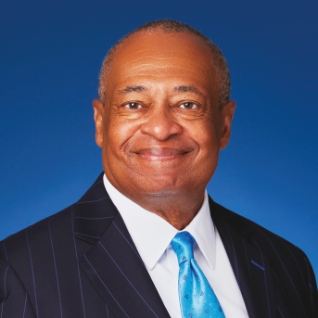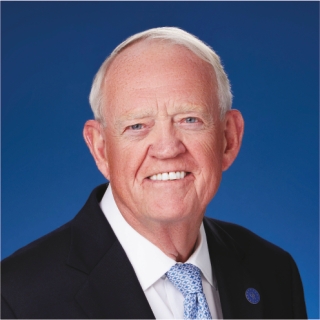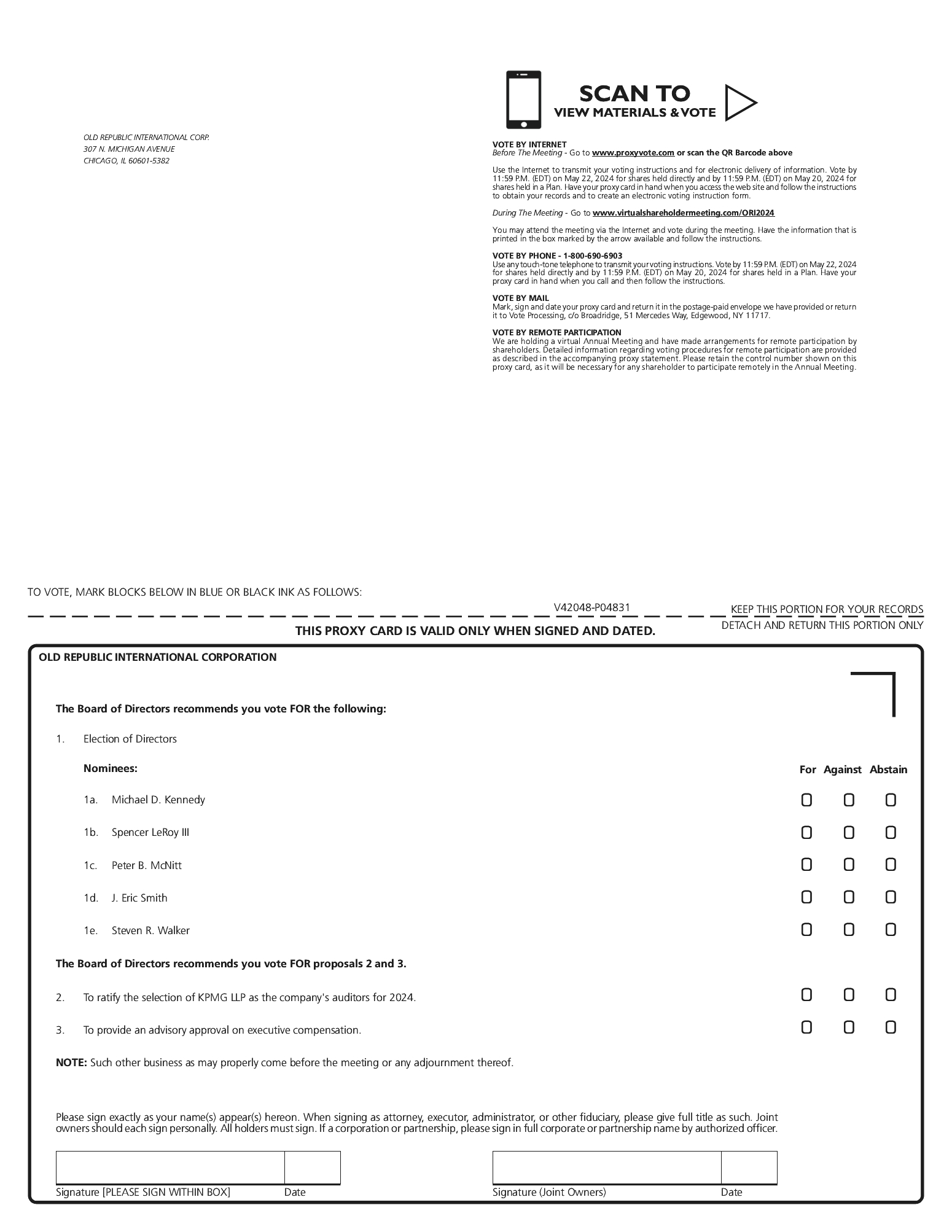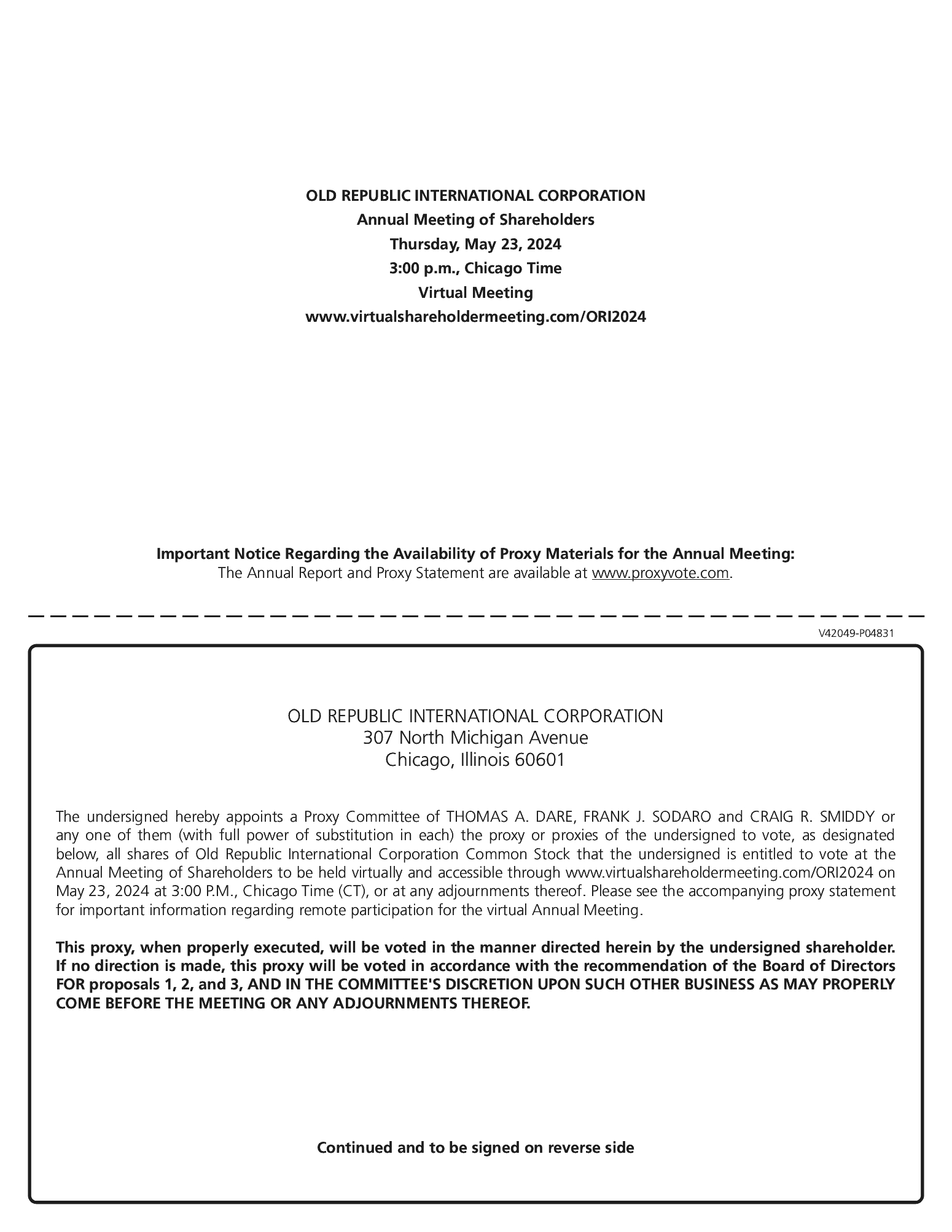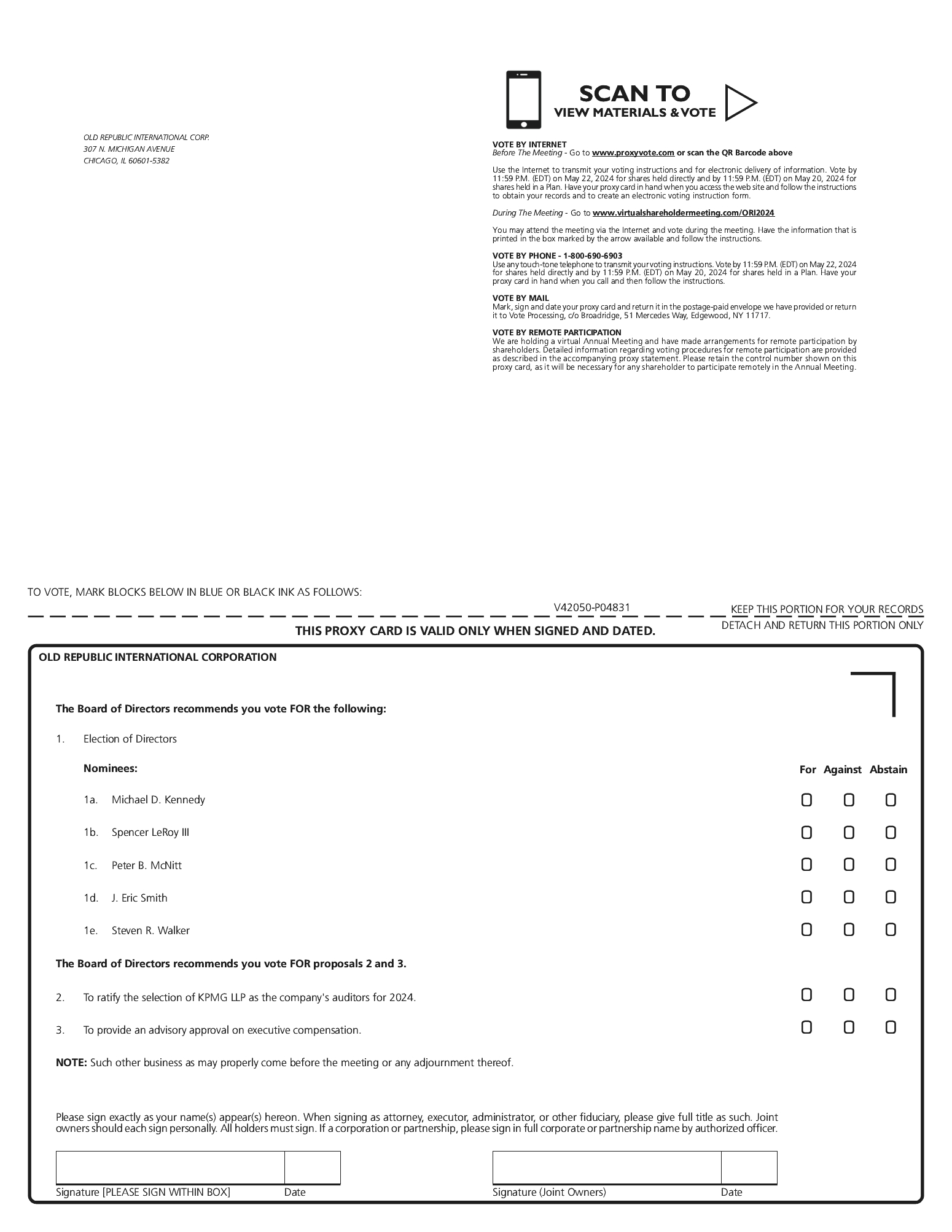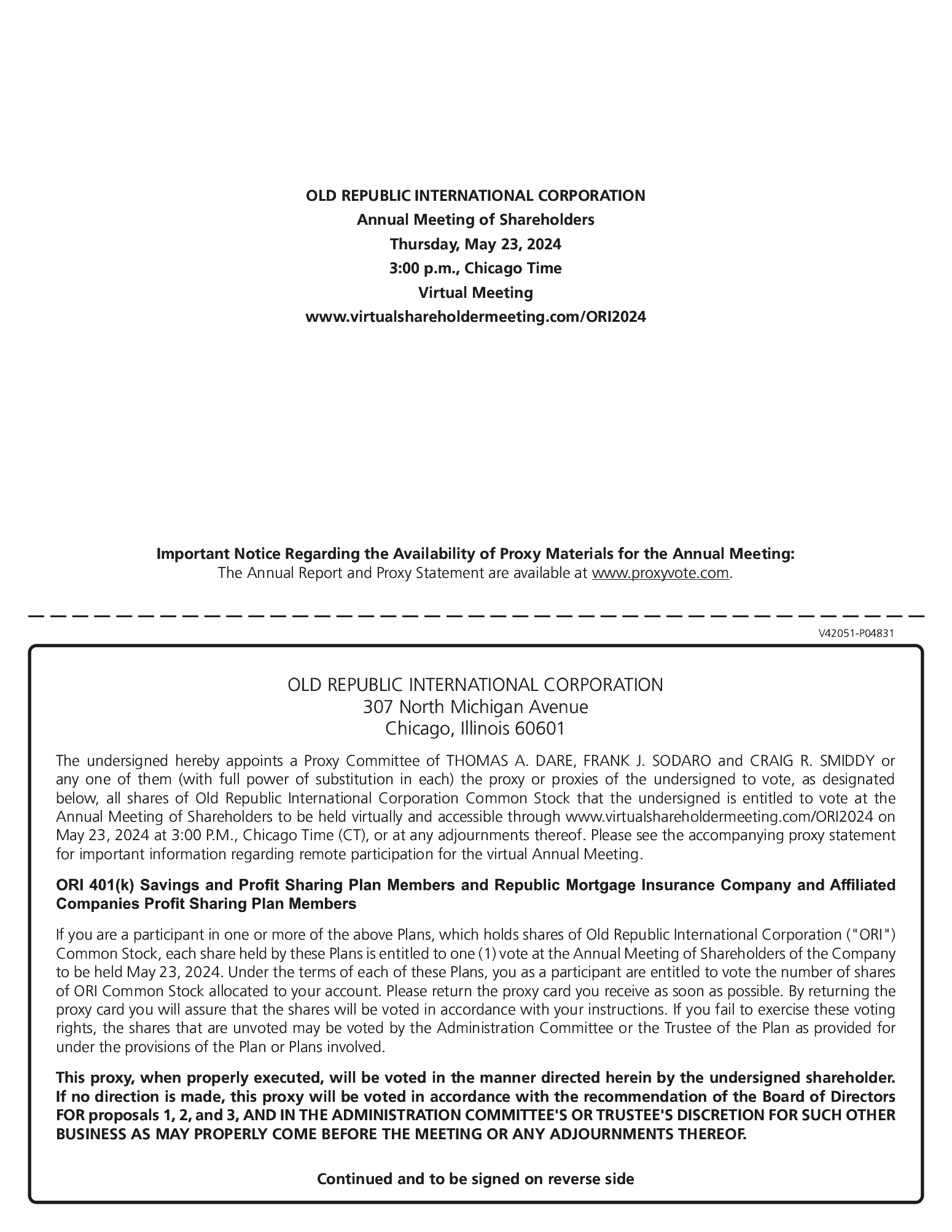recommend to the Board whether to fill the resulting vacancy or to reduce the size of the Board. If the Board decides not to accept the director’s tendered resignation, such director shall continue to serve until his or her successor is duly elected and qualified, or until his or her earlier resignation or removal. By adopting this majority voting standard in uncontested elections, with a corresponding director resignation policy, the Company intends to strengthen the already meaningful role our shareholders play in the election of the Company’s Board of Directors.
Thirteen of the Company’s directors have been affirmatively determined to qualify as “independent” directors in accordance with Section 303A.02 of the Listed Company Standards of the New York Stock Exchange (the “NYSE”) and Item 407(a) of Regulation S-K of the SEC. Neither they nor any members of their immediate families have had any of the types of disqualifying relationships with the Company or any of its subsidiaries in the last three years, as set forth in subsection (b) of Section 303A.02 of the NYSE’s Listed Company Standards. Additionally, each member of the Audit Committee satisfies the heightened independence standards for audit committee membership set forth in Rule 10A-3(b)(1) under the Securities Exchange Act of 1934, as amended (the “Exchange Act”) and each member of the Compensation Committee satisfies the additional independence criteria for compensation committee membership set forth in Rule 10C-1 under the Exchange Act.
The entire Board and each of its standing Committees conduct an annual self-evaluation that includes a determination of each member’s independence. To facilitate this annual self-evaluation process, each director completes an anonymous questionnaire on the Board’s performance, and the responses are then aggregated and provided to the Chair of the Governance and Nominating Committee, who in turn reviews the responses with the full Board of Directors at the next scheduled Board meeting. Similarly, as part of this annual self-evaluation process, each member of each of the Audit Committee, Compensation Committee, and the Governance and Nominating Committee completes an anonymous questionnaire on each respective committee’s performance, and the responses are then aggregated and provided to the Chair of the Governance and Nominating Committee, who in turn reviews the responses with respective committee members at their next scheduled meeting. During 2023, the independent directors held at least one meeting in executive session without management directors in accordance with NYSE Listed Company Standards. Mr. Walker was the Lead Independent Director in 2023.
Directors receive a broad array of public and internal proprietary information upon becoming members of the Board. This enables them to become familiar with the Company’s business, strategic plans, significant financial, accounting and management matters, compliance programs, conflict of interest policies, Code of Business Conduct and Ethics, Corporate Governance Guidelines, principal officers, and the independent registered public accounting firm. While information appearing on our website is not incorporated by reference into this proxy statement, the Company’s Code of Business Conduct and Ethics and Corporate Governance Guidelines may be viewed in the Governance section at www.oldrepublic.com. Further, the Company supports directors taking advantage of, and attending, director education programs whenever convenient and appropriate. Even with such assistance and in part as the result of the specialized nature of the Company’s businesses and the regulatory framework in which it operates, it is the Company’s view that some time is typically required for a new director to develop knowledge of the Company’s business. Reflecting this necessary personal development, each director is expected to serve two or more three-year terms on the Company’s classified Board, on several of its significant regulated insurance underwriting subsidiaries’ boards, and on one or more Board Committees. Owing to the risk-taking nature of much of the Company’s business, a demonstrated long-term orientation in a Board member’s business dealings and thought processes is considered very important.
The Board and its Committees
In 2023, the Board of Directors met four times, once each quarter. Each incumbent director attended at least 75% of the aggregate of the meetings of the Board and committees on which each served. The Company does not require its Board of Directors, other than the Chairman and the CEO, to attend the Annual Meeting of the Shareholders, as such meeting is conducted by the Chairman and the CEO, who are designated to represent the entire Board of Directors for the meeting.
Membership on the Company's Audit, Compensation, and Governance and Nominating Committees consists exclusively of independent directors. The members, chairs and vice-chairs (if any) of these Committees are recommended each year to the Board by







